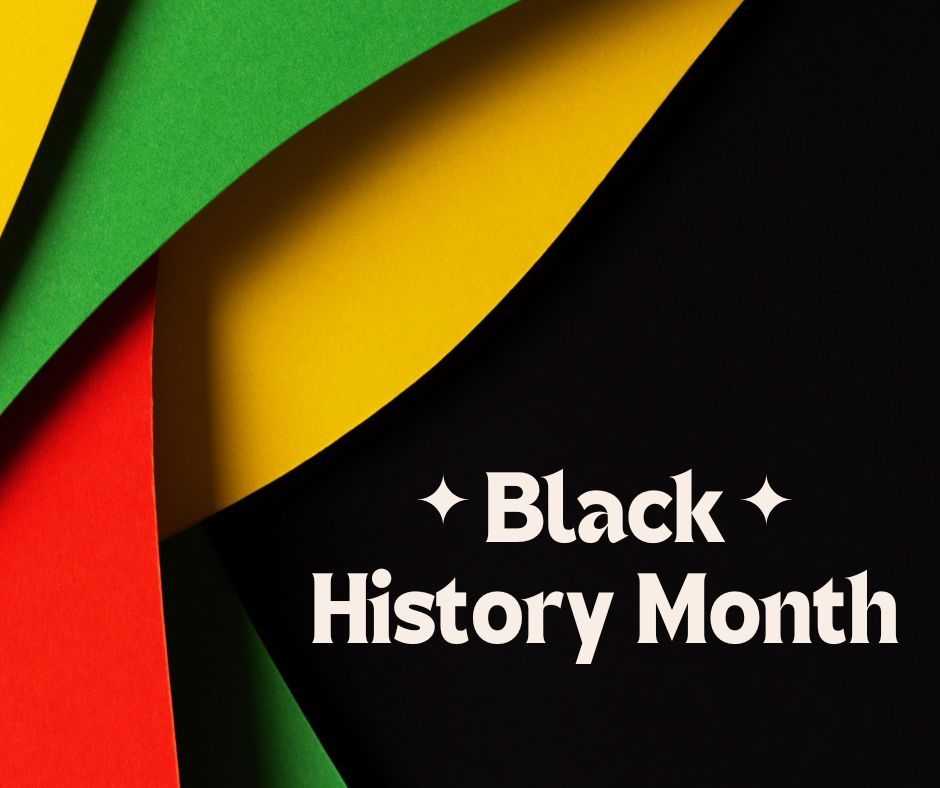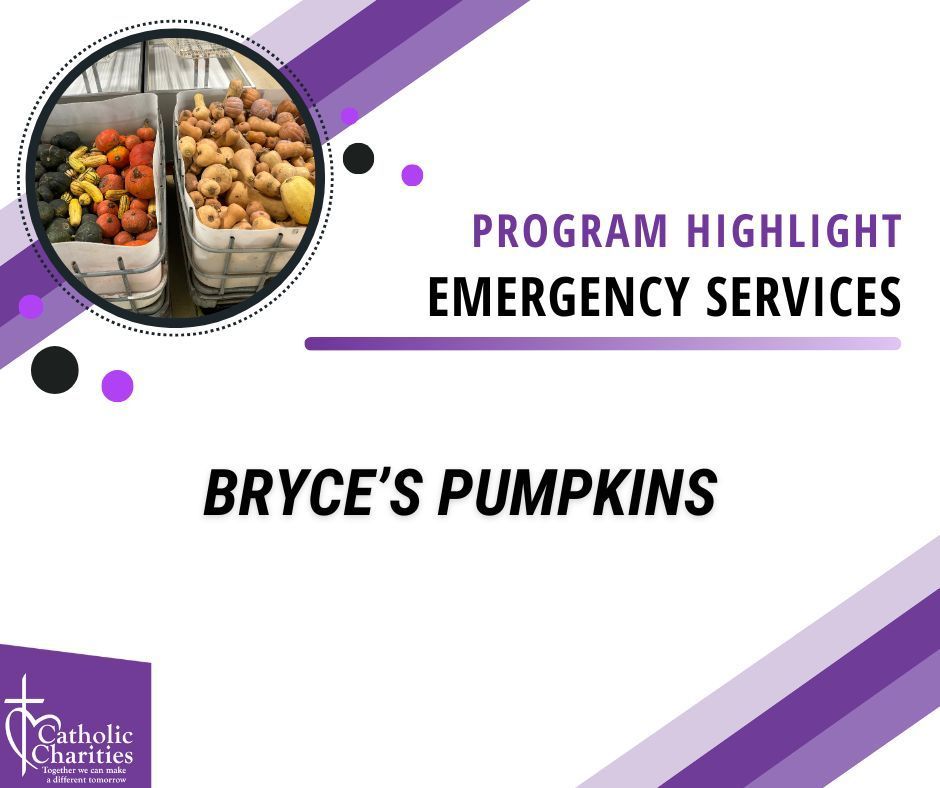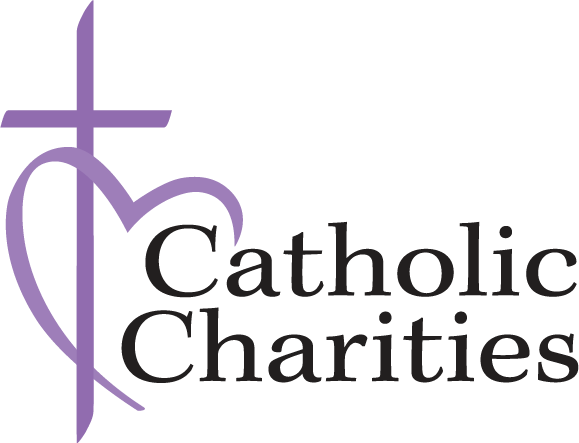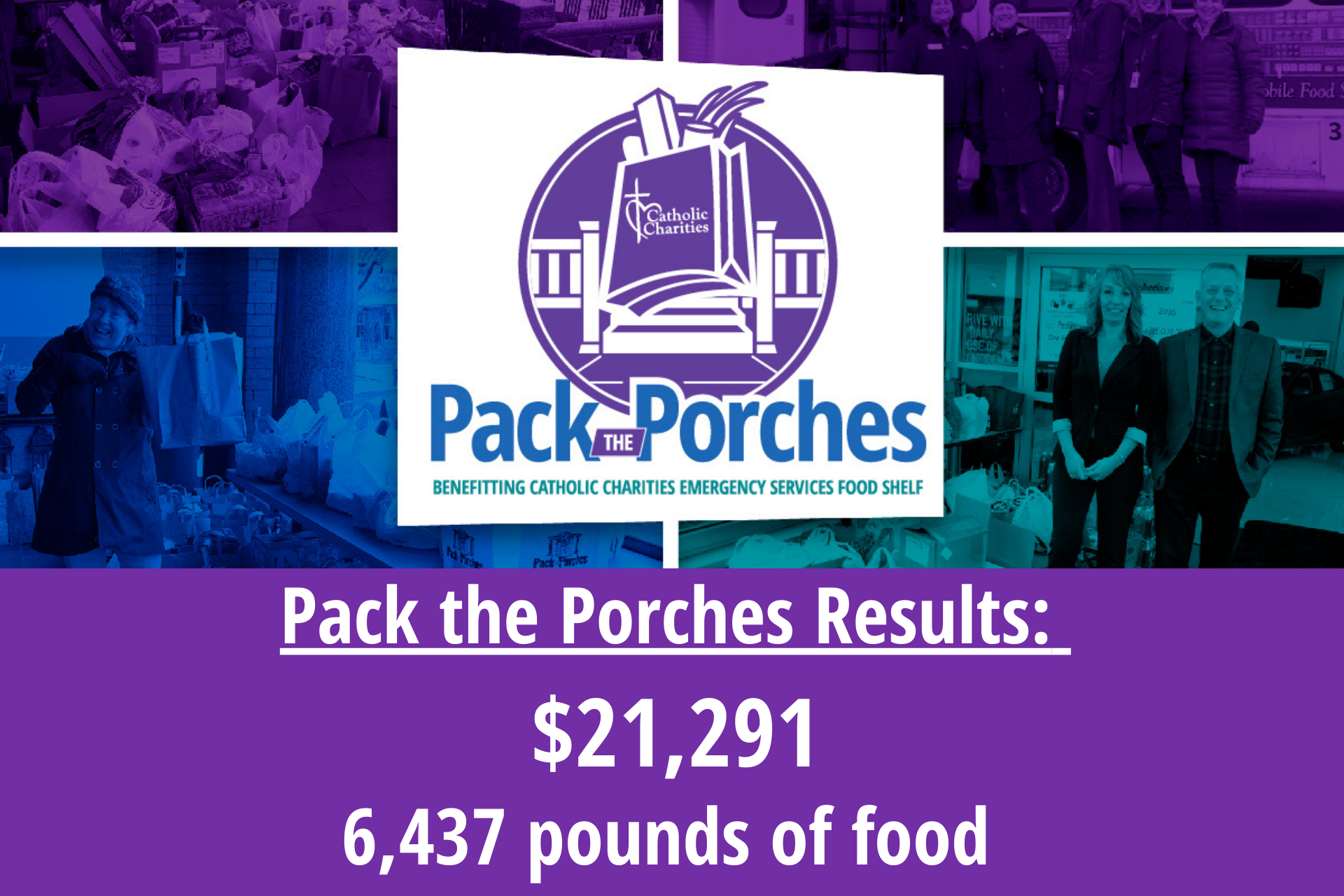Black History Month - Minnesota History

Trailblazing Black Minnesotans
Dr. Josie Johnson
Dr. Josie Johnson is a Black educator and civil rights activist who was instrumental in the success of a fair housing bill in Minnesota in 1962. She is often referred to as Minnesota’s First Lady of Civil Rights. Dr. Johnson received a BA in sociology from Fisk University and an MA in education from the University of Massachusetts. In 1956, she became a lobbyist and a key player in passing anti-discrimination laws in Minnesota. Throughout the 1960s, she fought tirelessly for equity in housing, voting rights and education. Dr. Johnson became one of the founding faculty members of the Department of Afro-American and African Studies at the University of Minnesota. In 1971, Minnesota Governor Wendell Anderson asked her to serve on the University’s Board of Regents, making her the first Black Regent on that Board. Read more about Dr. Josie Johnson here.
Dred and Harriet Scott
The first significant point of entry for African Americans to Minnesota was in bondage to officers stationed at Fort Snelling. Although slavery was never legal in Minnesota, Army officers were allowed to bring their slaves into the territory. Once here, some slaves sought freedom. The most famous case of this is that of Dred and Harriet Scott. After their owner’s death in 1846, the couple, then living in St. Louis, sued for their freedom on the grounds that they had once lived on free soil, including Minnesota. Their case resulted in the infamous 1857 Dred Scott Decision, which held that no black person had ever been, nor could be, a citizen of the United States. This decision propelled the country toward Civil War and launched an influx of African Americans into Minnesota. To learn more Dred Scott and Harriet Scott’s fight for freedom, you can listen to this MPR story.
Mary and John Butler
Butler Park in St. Cloud was dedicated on May 6th, 2017 to honor the first African American residents of St. Cloud. The park lies where slaveholders arrived with their slaves by steamboat on the Mississippi River. Mary Butler and her son traveled to St. Cloud as slaves of Rev. Thomas Calhoun of Lebanon, Tennessee in 1857. Her son died before the boat reached St. Cloud. She gave birth to another son, John, in August 1857 and he was the first African American born in St. Cloud.
While Minnesota territory was technically north of the famous Mason-Dixon Line, slavery was still legal until the territory became a state in 1858. This was due to the Supreme Court's Dred Scott decision, a ruling that stated a slave who lived in a free state or territory was not entitled to freedom. To learn more about Mary and John Butler and the park dedicated to them, visit sctimes.com.
Our Recent News




